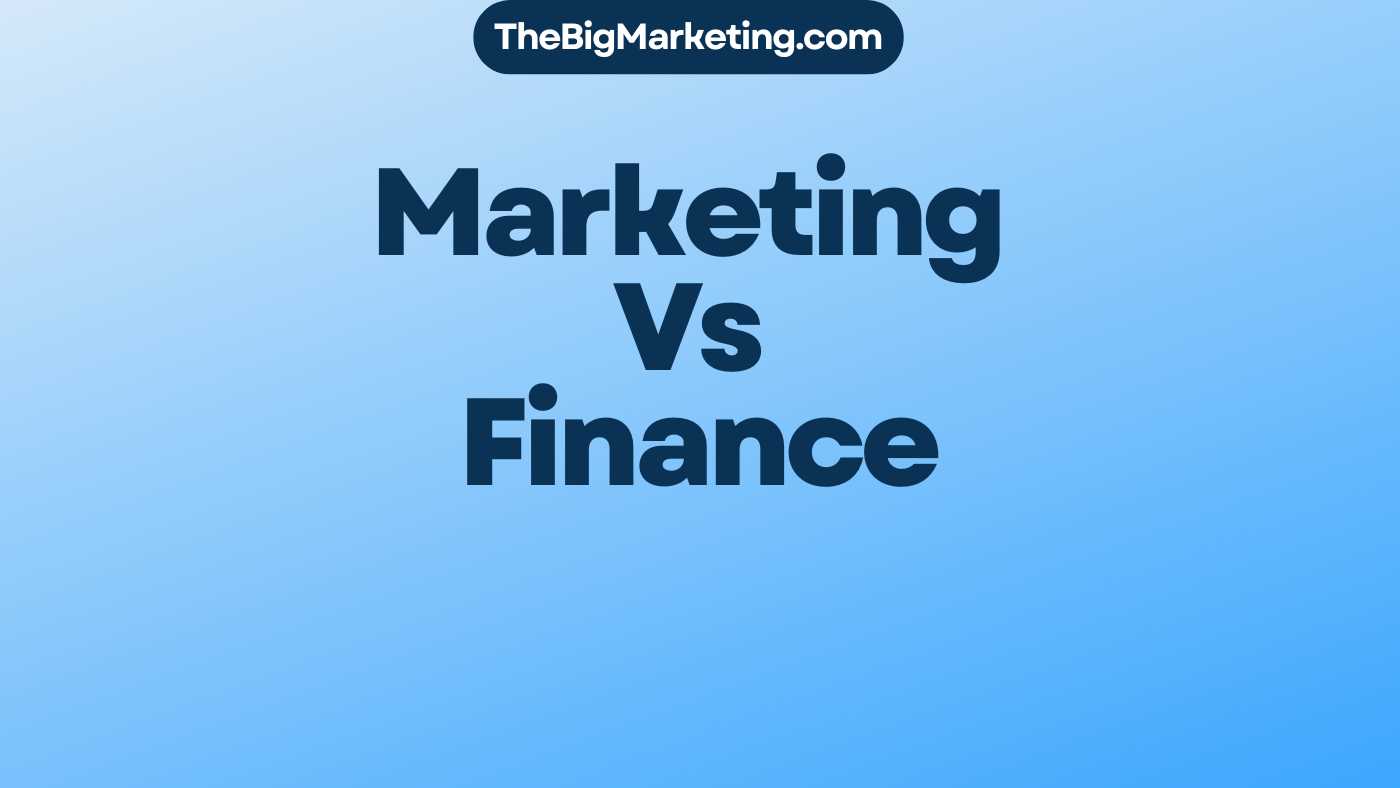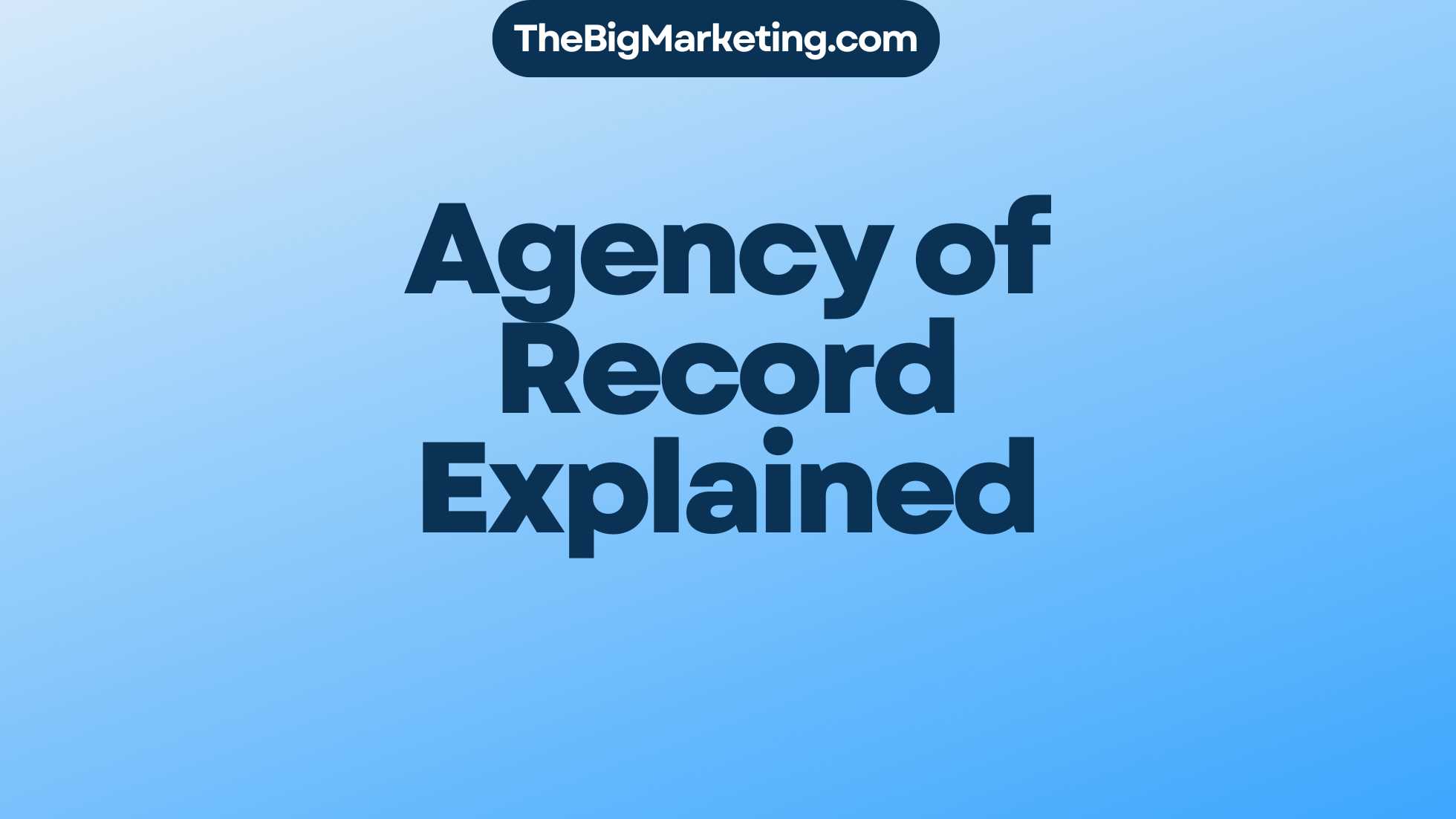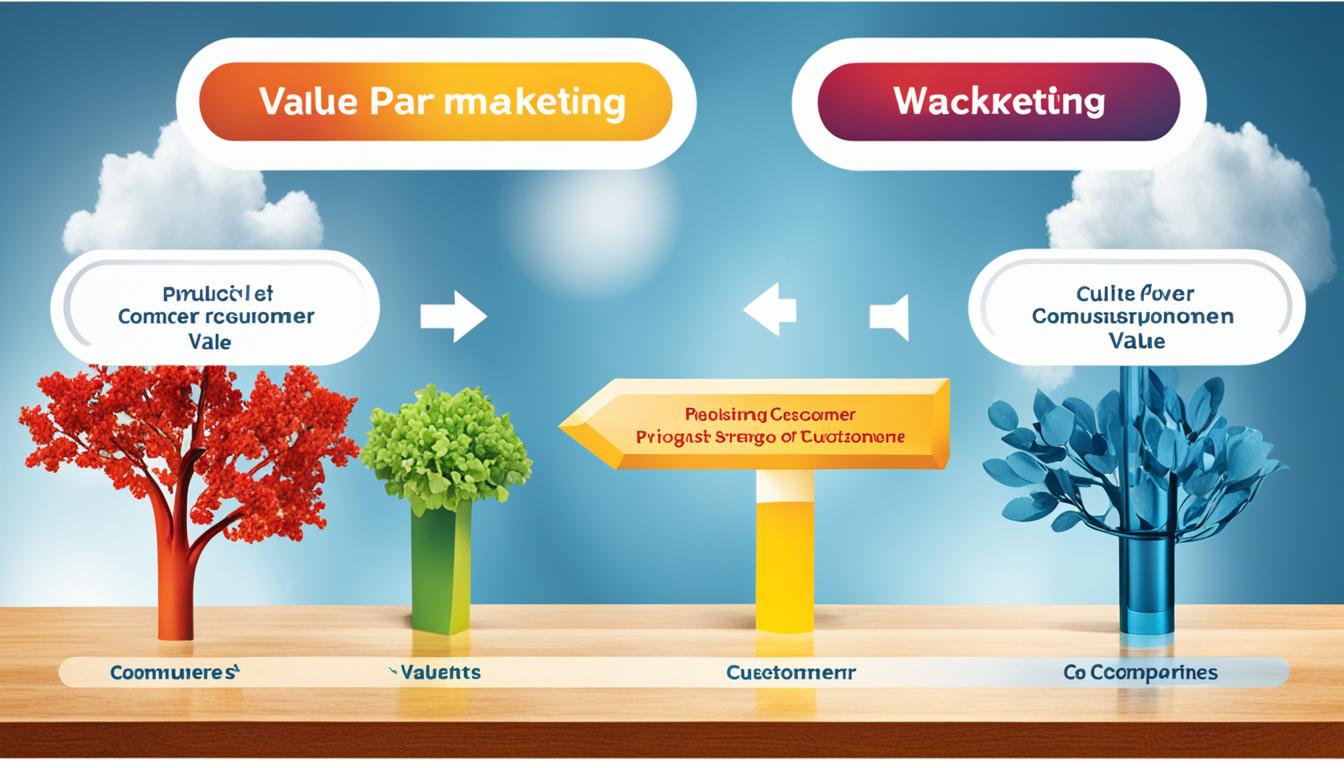Are you a blogger struggling to make money from your website? Unsure which monetization strategy to choose? Look no further! In this complete guide, we will explore the two major income sources that 90% of bloggers use: Adsense and Affiliate Marketing.
When it comes to making money online, understanding different monetization strategies is crucial. Whether you’re new to the world of online advertising or looking to generate revenue through passive income, knowing the differences between Adsense and Affiliate Marketing is essential.
At its core, Affiliate Marketing involves earning a commission for each successful product sale generated through affiliate referral links. On the other hand, Adsense is a display advertising platform where you earn money by showing ads on your site. The choice between the two depends on factors such as your goals, audience, and content.
Key Takeaways:
- Adsense and Affiliate Marketing are two popular monetization strategies for websites and blogs
- Affiliate Marketing offers the potential to earn commissions from product sales
- Adsense allows you to display ads on your site and earn revenue
- Consider your goals, audience, and content when choosing between the two
- Combining Adsense and Affiliate Marketing can maximize your website’s monetization potential
5 Major Benefits of Affiliate Marketing Over Google Adsense
Affiliate marketing offers numerous advantages compared to Google AdSense. Let’s explore the top five benefits that make affiliate marketing a lucrative option for monetizing your website.
1. Make Money While You Sleep
Affiliate marketing provides a passive income source, allowing you to earn money even when you’re not actively promoting products. Once you’ve set up your affiliate links and produced quality content, you can generate revenue continuously without much effort.
2. Build Trust and Earn Significant Earnings
In affiliate marketing, building trust with your audience is crucial. By promoting products that align with your audience’s needs and interests, you can establish yourself as a reputable source of recommendations. This trust can lead to higher conversions and significant earnings as your audience becomes more likely to make purchases through your affiliate links.
3. No Need for Huge Traffic
Unlike Google AdSense, which heavily relies on high website traffic to generate substantial income, affiliate marketing allows you to make decent earnings even with a smaller audience. By focusing on promoting relevant products and engaging with your target audience effectively, you can achieve profitability without overwhelming traffic numbers.
4. Promote Relevant Products
In affiliate marketing, you have the freedom to choose the products or services you want to promote. This flexibility allows you to select products that are highly relevant to your audience, increasing the likelihood of generating sales. By offering products that genuinely solve your audience’s problems or meet their desires, you can maximize your affiliate marketing success.
5. Be Your Own Boss and Take Control of Your Earnings
Affiliate marketing provides you with the opportunity to be your own boss. You have full control over the products you promote, the strategies you employ, and the growth of your affiliate marketing efforts. This autonomy allows you to set your own goals, work at your own pace, and determine how much you earn from your affiliate marketing endeavors.
| Benefits of Affiliate Marketing | Benefits of Google Adsense |
|---|---|
| Make money while you sleep | Fastest way to make money online |
| Build trust and earn significant earnings | No need for online expertise |
| No need for huge traffic | No need for products |
| Promote relevant products | Passive income source |
| Be your own boss and take control of your earnings | No special skills required |
5 Core Benefits of Google AdSense Over Affiliate Marketing
Google AdSense provides several unique advantages that make it a popular choice for monetizing websites and blogs. Here are five core benefits of using Google AdSense over affiliate marketing:
- Faster Way to Make Money Online: Google AdSense is the fastest way to start making money online. With minimal setup requirements, you can quickly integrate AdSense ads into your website or blog and start earning revenue. No need to wait for affiliate sales or commissions.
- No Need for Online Expertise: Unlike affiliate marketing, you don’t need to have in-depth knowledge or expertise in online marketing to succeed with Google AdSense. The platform provides a user-friendly interface that makes it accessible to beginners and eliminates the need for specialized skills.
- No Need for Products: With Google AdSense, you don’t have to create or promote products. You can monetize your website by simply displaying relevant ads to your audience. This eliminates the time and effort required to develop and manage products, allowing you to focus on content creation and website management.
- Passive Income Source: AdSense offers a passive income source, as you earn revenue whenever visitors click on ads displayed on your site. You can continue to generate income even when you’re not actively promoting or selling products. This passive income stream can grow over time, providing a steady source of revenue.
- No Special Skills Required: AdSense doesn’t require any special technical or marketing skills. The platform handles the ad targeting and optimization, allowing you to focus on creating valuable content for your audience. Whether you’re a beginner or an experienced blogger, you can easily integrate AdSense into your website and start earning without any additional expertise.
These benefits make Google AdSense an attractive choice for website owners and bloggers who are looking for a quick and straightforward way to monetize their online presence. Whether you’re a beginner or an experienced online entrepreneur, AdSense offers the potential for passive income without the need for specialized skills or products.
The Tug of War: Affiliate Marketing vs Google AdSense
When it comes to choosing between affiliate marketing and Google AdSense, it’s important to weigh the pros and cons. Both options have their own advantages and considerations that impact your earnings potential and user experience.
Affiliate Marketing:
Affiliate marketing offers the potential for higher earnings through commission-based sales. By promoting relevant products or services through your unique affiliate links, you can earn a percentage of each sale or referral you generate. The more successful conversions you achieve, the more you can potentially earn with affiliate marketing.
Google AdSense:
On the other hand, Google AdSense provides a reliable and quick way to make money online. It allows you to display targeted ads on your website or blog, and you earn revenue based on ad clicks or impressions. AdSense leverages Google’s vast ad network to ensure ads are relevant to your audience, increasing the likelihood of engagement and revenue generation.
Comparison:
Here is a comparison of some key aspects between affiliate marketing and Google AdSense:
| Aspect | Affiliate Marketing | Google AdSense |
|---|---|---|
| Earnings Potential | Higher potential based on sales and referrals | Reliable income through ad clicks or impressions |
| User Experience | Can be more seamless if product promotions are relevant | Must balance ad placement for optimal user experience |
| Control | You have control over the products you promote | Ads are automatically served by Google |
| Setup | Requires joining affiliate programs and integrating tracking links | Easy setup with Google AdSense code integration |
Ultimately, the choice between affiliate marketing and Google AdSense depends on your goals, audience, and content. Consider the potential earnings, user experience, control over promotions, and ease of setup. It’s also important to find the right balance between ads and affiliate promotions to ensure a positive user experience.

Can You Use AdSense and Affiliate Marketing Together?
Yes, you can combine AdSense and affiliate marketing to optimize your website’s revenue potential and maximize monetization. AdSense allows you to display targeted ads on your site and earn revenue through clicks or impressions. Affiliate marketing, on the other hand, enables you to promote products or services through your unique affiliate links and earn commissions for each sale or referral.
To effectively use both strategies, it’s crucial to find the right balance between ads and affiliate promotions. Too many ads can negatively impact the user experience, so it’s important to ensure that the ads blend seamlessly with your content. You can strategically place ads in non-intrusive areas, such as between paragraphs or in the sidebar, while optimizing affiliate marketing by incorporating it naturally within your blog posts or recommending relevant products or services to your audience.
Benefits of Combining AdSense and Affiliate Marketing
- Diversified Revenue Streams: By using both AdSense and affiliate marketing, you can tap into multiple income sources, increasing your overall revenue potential.
- Maximized Monetization: Combining AdSense and affiliate marketing allows you to leverage the strengths of each strategy and take advantage of different revenue models.
- Increased Earning Potential: The combination of AdSense and affiliate marketing can lead to higher earnings as you generate income from both ad clicks and affiliate commissions.
- Enhanced User Experience: Finding the right balance between ads and affiliate promotions ensures a positive user experience, improving engagement and encouraging visitors to return to your site.
By integrating AdSense and affiliate marketing cohesively, you can create a harmonious monetization strategy that benefits both you and your audience. Remember to monitor and analyze your performance regularly to fine-tune your approach and optimize your revenue generation.
Conclusion
When it comes to choosing between Adsense and affiliate marketing, there is no one-size-fits-all answer. It ultimately depends on your goals, audience, and content. Both options have their own advantages and disadvantages.
Affiliate marketing offers the potential for higher earnings and the ability to promote relevant products, making it an attractive option for those looking to maximize revenue. On the other hand, Google AdSense provides a quick and reliable way to make money online without the need for creating and promoting products.
The key is to experiment with both strategies and find the right balance that suits your website monetization goals. Consider the nature of your audience, the type of content you create, and the user experience you want to deliver. By carefully choosing the right monetization strategy, you can optimize your website’s revenue potential and ensure a successful online presence.
FAQ
What is the difference between affiliate marketing and Google AdSense?
Affiliate marketing involves earning a commission for each successful product sale generated through affiliate referral links, while Google AdSense is a display advertising platform where you earn money by showing ads on your site.
What are the benefits of affiliate marketing over Google AdSense?
Affiliate marketing offers the ability to make money while you sleep, build trust with your audience, earn decent income with lesser traffic, and promote relevant products that suit your audience. Additionally, you have full control over your earnings and are your own boss.
How does Google AdSense compare to affiliate marketing?
Google AdSense is the fastest way to make money online, requires no online expertise, and doesn’t need you to have your own products. It provides a reliable passive income source and is suitable for anyone looking to monetize their website or blog.
Can I use AdSense and affiliate marketing together?
Yes, you can use AdSense and affiliate marketing together to earn revenue and maximize your website’s monetization potential.
How do I choose between affiliate marketing and Google AdSense?
The choice between the two depends on your goals, audience, and content. It’s important to weigh the pros and cons, experiment with both strategies, and find the right balance that maximizes your revenue and suits your website monetization goals.








